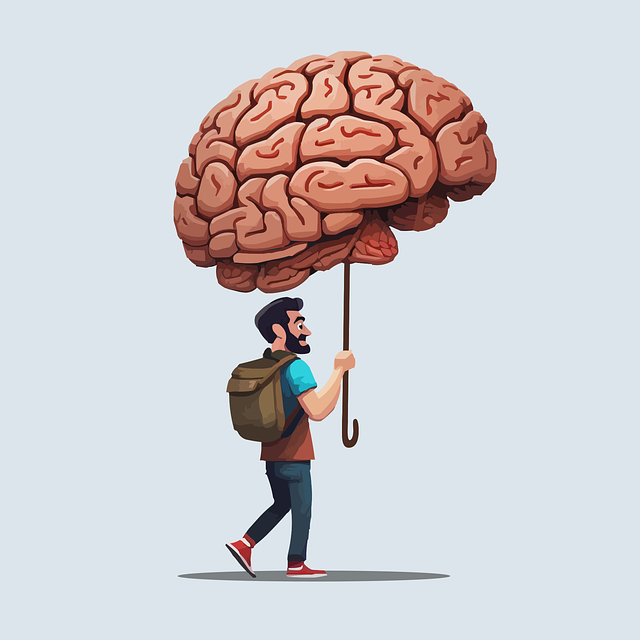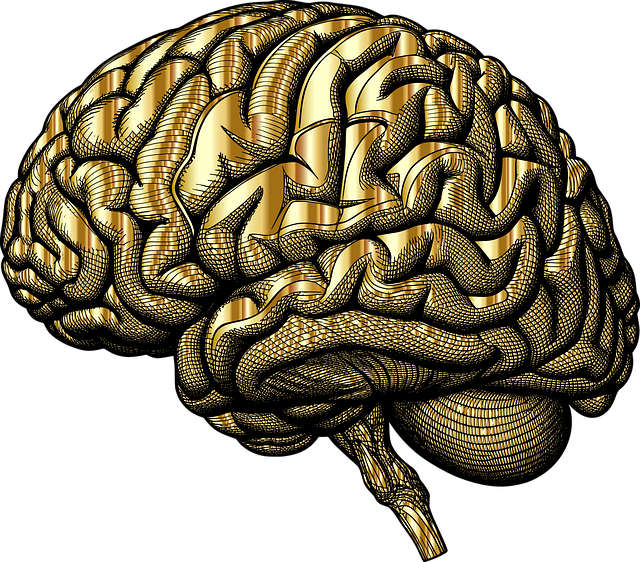Mental health education programs for children abuse survivors require tailored therapy sessions using evidence-based models like TF-CBT, enhancing cultural competency training and communication skills. Customized interventions addressing individual needs, past experiences, and cultural backgrounds are crucial. Positive thinking techniques and strategic evaluations measure emotional well-being improvements and resilience, ensuring holistic, long-term support through community collaboration and follow-up sessions.
Mental health education programs play a pivotal role in supporting survivors of childhood abuse, offering essential tools for healing. This article delves into the intricate process of designing such programs, beginning with understanding therapy specifically tailored for this vulnerable population. We explore key components, emphasizing the importance of customization to address diverse survivor needs. Additionally, implementation and evaluation strategies are discussed to ensure programs have lasting impact, fostering resilience and empowering survivors towards well-being.
- Understanding Therapy for Children Abuse Survivors: A Foundation for Program Design
- Key Components of Effective Mental Health Education Programs
- Customizing Support: Tailoring Interventions for Survivor Needs
- Implementation and Evaluation Strategies for Long-Lasting Impact
Understanding Therapy for Children Abuse Survivors: A Foundation for Program Design

Understanding Therapy for Children Abuse Survivors forms a robust foundation when designing mental health education programs. This is because it recognizes the unique needs and challenges faced by survivors, who often require specialized care tailored to address complex emotional trauma. By integrating insights into effective therapy models specifically designed for this vulnerable population, program developers can create safe spaces that foster healing and growth.
A comprehensive approach involves incorporating elements such as trauma-focused cognitive behavioral therapy (TF-CBT), which has proven effective in treating depression prevention among survivors. Additionally, enhancing healthcare provider cultural competency training ensures that support is delivered sensitively and competently, considering the diverse backgrounds of those affected. Effective communication strategies are also vital; teaching both survivors and caregivers how to express their experiences and needs can significantly improve outcomes.
Key Components of Effective Mental Health Education Programs

Mental health education programs that effectively address trauma and promote healing among children who have survived abuse must include several key components. Firstly, therapy for children abuse survivors should be central to the curriculum. This can involve individual counseling sessions, group therapy, or trauma-focused interventions tailored to their unique needs. Such therapies help children process their experiences, develop coping mechanisms, and build resilience.
Additionally, incorporating emotional regulation techniques and self-awareness exercises is vital. Teaching children how to identify and manage their emotions can significantly enhance their mental well-being. Encouraging positive thinking through activities like mindfulness, positive affirmation, or optimistic reframing also plays a crucial role in fostering a sense of safety and empowerment within these young minds. These strategies collectively contribute to creating a supportive learning environment where children feel understood, valued, and equipped to navigate their emotional landscapes effectively.
Customizing Support: Tailoring Interventions for Survivor Needs

In designing mental health education programs, particularly for survivors of childhood abuse, customization is key to ensuring effective support. Every survivor’s journey and experience with trauma are unique, making one-size-fits-all interventions inadequate. A successful program should focus on tailoring therapeutic approaches to meet the specific needs of each individual. This involves understanding the complex interplay between past experiences, cultural backgrounds, and personal strengths. By incorporating tailored strategies, such as confidence-boosting activities or culturally sensitive practices, programs can offer more personalized care.
Healthcare provider training plays a pivotal role in this process. Equipping caregivers with the knowledge and skills to recognize these unique needs enables them to deliver tailored support. This includes enhancing cultural competency through training, ensuring providers understand the impact of cultural factors on mental health. Additionally, promoting positive thinking techniques as part of the program can empower survivors to develop coping mechanisms that foster resilience and emotional well-being.
Implementation and Evaluation Strategies for Long-Lasting Impact

Implementing a mental health education program requires a strategic approach to ensure its long-lasting impact and effectiveness. One key strategy is ongoing evaluation, which allows for continuous improvement and refinement. This can be achieved through various methods such as pre- and post-program assessments, participant feedback forms, and focus groups. By measuring the program’s success in enhancing emotional well-being promotion techniques and cultivating inner strength development, educators can identify areas that require adjustment. For instance, tracking improvements in positive thinking and resilience among participants can demonstrate the program’s value over time.
Additionally, community collaboration and ongoing support are essential for sustained impact. Partnering with local schools, healthcare providers, and support groups ensures a comprehensive approach to therapy for children abuse survivors. Regular follow-up sessions or alumni programs can also help maintain the momentum gained during the initial program, fostering a sense of community and continued emotional healing. This holistic strategy addresses not only the immediate needs of participants but also facilitates long-term mental health and resilience building.
In designing mental health education programs, especially focusing on Therapy for Children Abuse Survivors, it’s crucial to integrate key components such as trauma-informed care, age-appropriate teaching methods, and customizable interventions. By combining robust implementation strategies with careful evaluation, we can create initiatives that not only provide immediate support but also foster long-lasting resilience in survivors. Tailoring these programs to meet the unique needs of each individual ensures a more effective and impactful journey towards healing.











